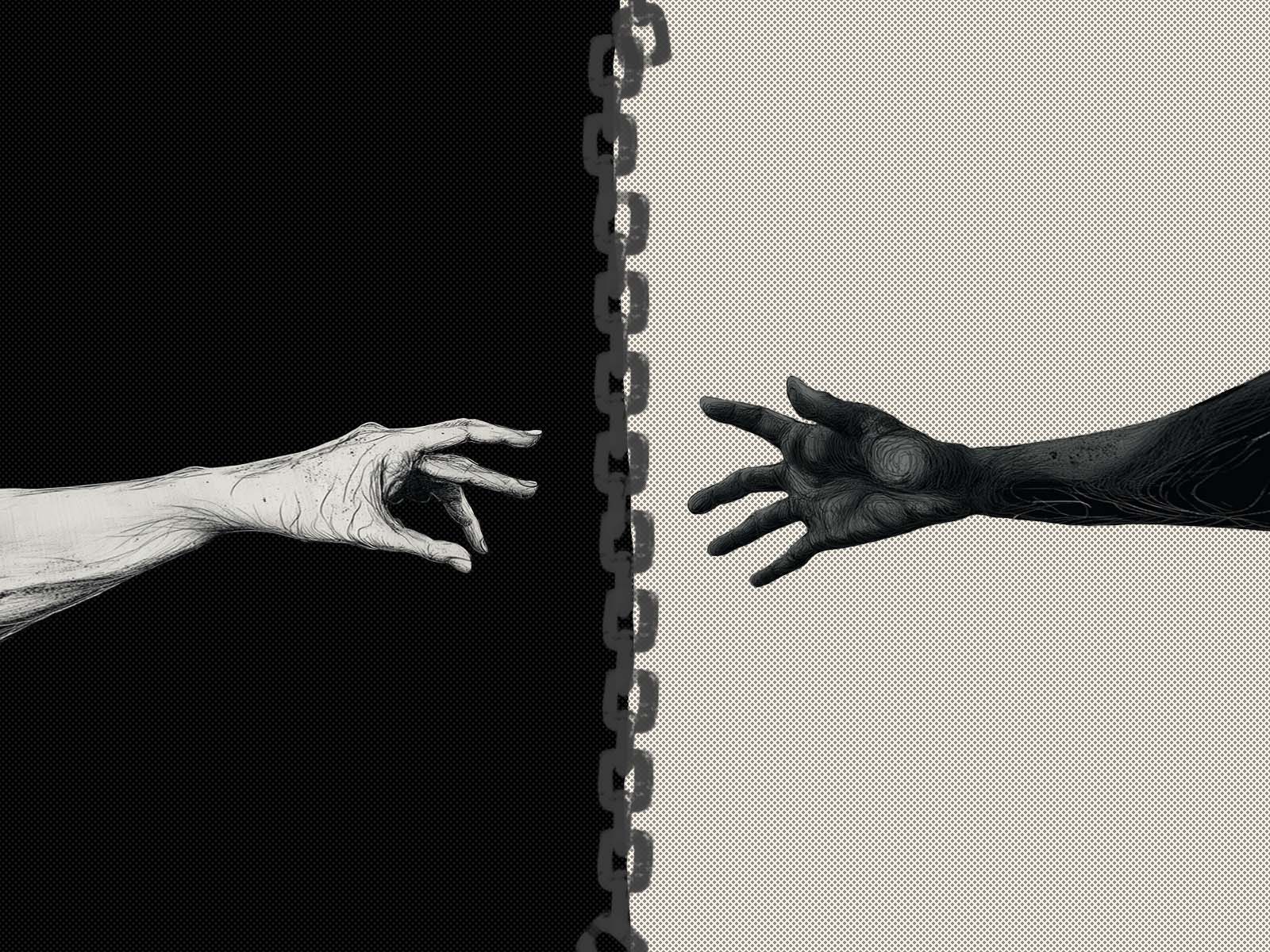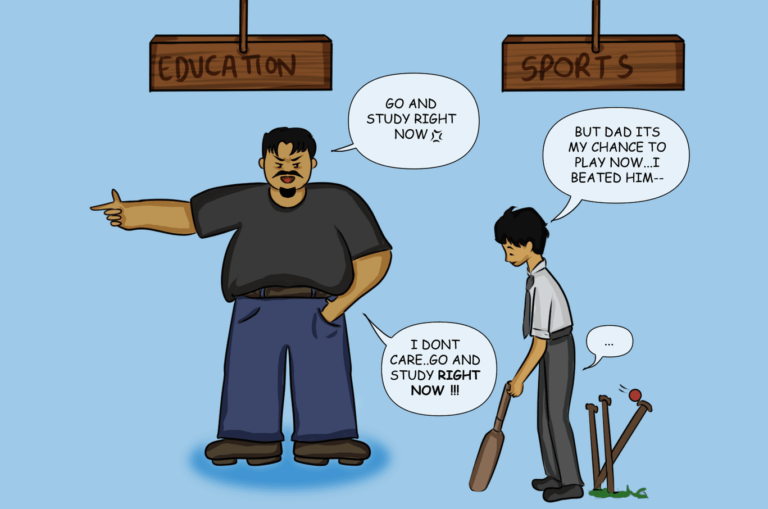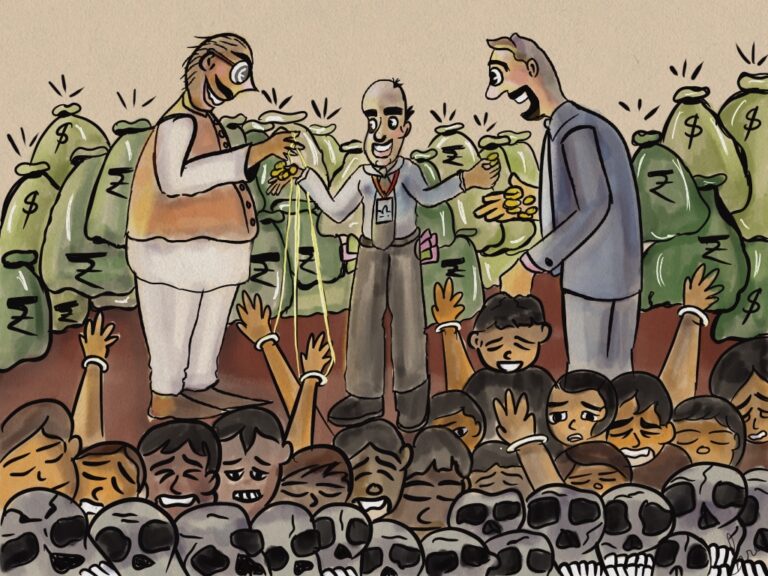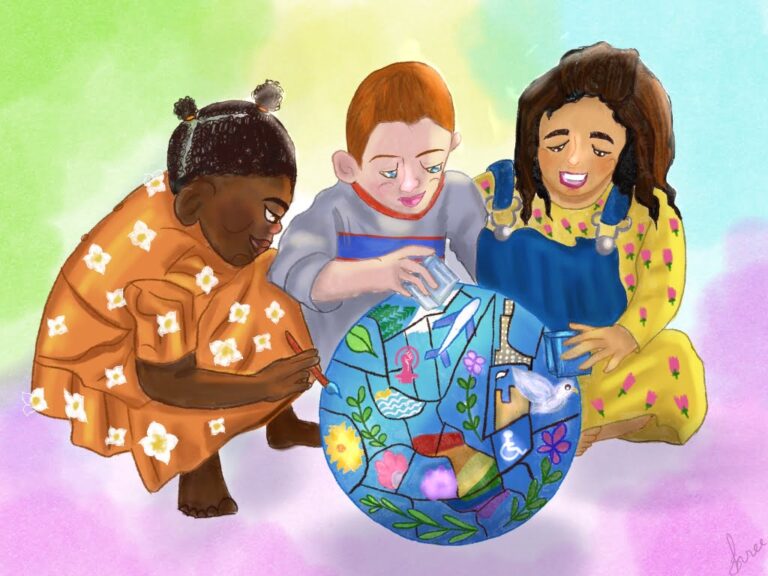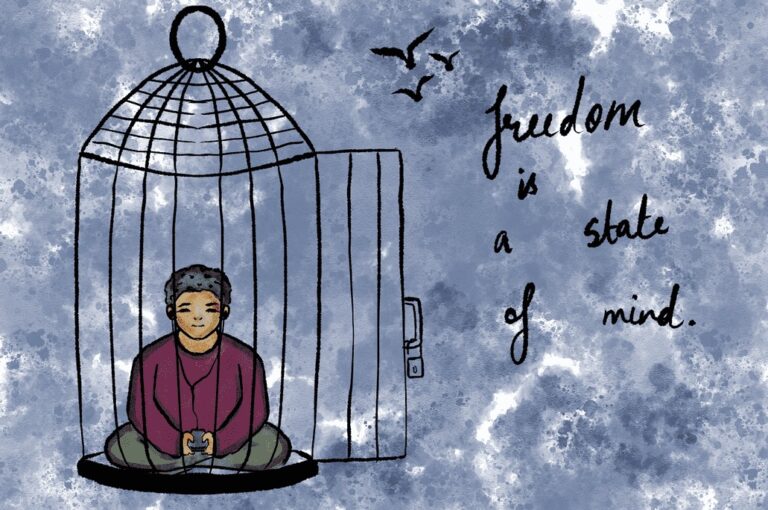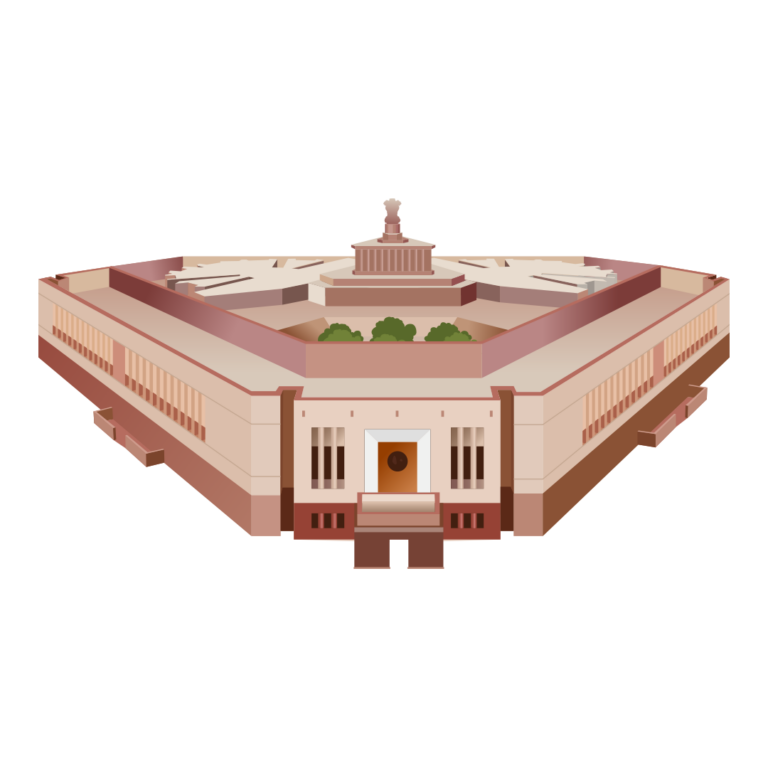When the sky crashes: Mortality, meaning, and mathematics of survival

The numbered chaos
242 people boarded Air India Flight AI171 in Ahmedabad. 241 died. One survived. In a medical college hostel nearby, students and staff were eating lunch. They died too, crushed by a falling sky they never saw coming. As of now we are not sure of the numbers.
Among the dead: 169 Indians, 53 Britons, 7 Portuguese, 1 Canadian. Those foreign nationals boarded thinking of London, not knowing Gujarat would be their grave. These are the numbers. Cold, precise, absolute. They tell us what happened but nothing about why, because there is no why. Only physics, chance, and the terrible dance of disaster.
Some thoughts from Lucknow
I write this while watching the news from the 4th floor of the same height building as that of the medical hostel, where I can see JCBs in my vicinity digging the ground as planes tear into the sky from the nearby airport in Lucknow. Any machine could fail, any moment could be the last. This morning, I planned fifty years ahead: retirement funds, career trajectories and now! I question tomorrow.
The probability of dying in a plane crash: 1 in 11 million. The probability of being crushed by one while eating lunch? Incalculable. Yet for 241 people and more, probability collapsed into certainty.
We live as if Final Destination movies were fiction, but perhaps it’s the most honest film ever made. Chances of alien movies being close to reality is less but as death comes absurd and arbitrary, following no moral logic as the universe doesn’t check our plans, final destination movies are closer to the reality than we can imagine.
Why hustle in random cities, away from loved ones, working for better futures that may never arrive? What is the meaning of everything when everything can end instantly? As an atheist, I find comfort in following processes without dwelling on results. But life judges us by results. Does death do so?
The violence of comfort
Already, the survivor (seat 11A, thrown clear by physics) is being called “blessed,” “chosen,” “saved for a purpose.” Each blessing implies 241 curses. Each miracle suggests 241 failures of divine intervention. Well-meaning people craft narratives about unfinished business, divine purpose, second chances. These stories, offered as comfort, carry hidden violence. They transform tragedy into destiny, chaos into design, creating a cosmic meritocracy where survival equals virtue.
But what savage arithmetic determines who lives? Were the medical students less worthy than a man who happened to book 11A? Was former Gujarat Chief Minister Vijay Rupani less religious? Were two infants somehow less deserving of miracles?
The parents of those medical students won’t find comfort in “unka samay aa gaya tha” or karmic debts from past lives. Their children were needed here, studying to heal others. Platitudes about dharma or destiny ring hollow. Destiny died with their loved ones.
The paradox of meaning
The species of us humans cannot tolerate randomness. When tragedy strikes, we become machines who look for meaning, desperately looking to impose some order on chaos. Even atheistic minds reach for patterns – “Everything happens for a reason.” What reason justifies dead children? “What doesn’t kill you makes you stronger.” “It was karma.” From what past life did infants inherit death? “Their souls will find moksha.” Their families wanted them here, not liberated.
We’re so uncomfortable with chaos that we’ll accept logical contradictions. If a deity saves one, did that deity condemn 241? If the universe has plans, did it plan for medical students to be eating lunch at that precise location? Perhaps our meaning-making serves an evolutionary purpose. Ancestors who found patterns—even false ones—survived better than those paralyzed by randomness. We’re descendants of meaning-makers, trapped in a universe offering no meaning beyond what we create.
The absurdity of accountability
Investigations will find “the cause.” Maintenance failures—missed inspections, faulty parts. We’ll assign blame, file charges, and demand justice. But what does responsibility mean when everyone responsible might also be dead?
If an engineer’s negligence killed 241, what justice can we extract? If cost-cutting led to overlooked repairs, which executive’s prison sentence resurrects the medical students? We’ll punish the living: airline executives, regulators, anyone still breathing who can be blamed. But the dead cannot be held responsible, and the responsible may be among the dead.
This search for culpability is another myth. Finding who’s responsible doesn’t mean finding meaning. Punishment doesn’t equal justice. Justice died on impact. What remains is theater: investigations that change nothing, punishments that resurrect no one, lessons learned until forgotten when another plane falls.
The theater of writing about theater
And what am I doing, writing from Lucknow? I knew none of the 241. Gujarat is far, in kilometers and emotional distance. Yet here I am, crafting words about strangers’ deaths, philosophizing about meaning while claiming it doesn’t exist.
Isn’t this article itself part of the grand theatre? I critique those who impose narratives while imposing my own—that there is no narrative. I analyze our compulsion for patterns while compulsively organizing thoughts into neat paragraphs. Perhaps I write because I cannot bear the silence. The evolution that makes others see divine purpose makes me see existential clarity. We’re all dancing around the same void, just to different music. They say “God’s plan,” I say “random chance,” but we’re both talking because the alternative of acknowledging that 241 people were simply deleted is unbearable.
Or maybe I write because those JCBs outside, those planes overhead, remind me it could’ve been me. This article is my seat 11A, my way of surviving mortality’s recognition. By intellectualizing death, I distance myself. By critiquing others’ coping mechanisms, I avoid examining my own.
The myths we tell ourselves
Reading Harari’s Sapiens, I’m struck how even in tragedy, we remain the storytelling ape. Our shared myths of nations, religions, and money define us. But when planes fall, these fictions reveal their limits. British passports didn’t protect 53 citizens. Physics recognized no imagined boundaries. Yet within hours, we construct new myths: the survivor’s purpose, meaning behind tragedy. We cannot help ourselves. As ancestors created gods to explain thunder, we create purpose to explain survival. The myth-making that built civilizations also builds our cages.
Living in the shadow of falling skies
How do we live knowing the skies can fall?
Stop hustling for futures that may never come. Inhabit presents that definitely exist. Stop needing tragedy to mean something. Make meaning despite tragedy. Stop dividing the world into blessed and cursed. See everyone as equally vulnerable, equally temporary, equally human.
There’s no comfort in this truth, but there’s clarity. We’re all in seat 11A and all eating lunch in that hostel. We’re survivors until we’re not. The sky falls randomly, but we choose how to live beneath it. Maybe that’s the only meaning that matters, not why some die and others live, but how we live knowing we’ll die. Not in answers, but questions. Not in certainty, but wonder. Not in blessing, but being.
The numbers remain: 242 boarded. 241 died. One survived. And the rest unnumbered.
Tomorrow, we’ll board planes and eat lunches, planning fifty years while questioning five minutes. We’ll live the contradiction because that’s what living means, hustling and questioning, planning and accepting, meaning-making and meaning-breaking.
The sky may fall, but until then, we’re here. Temporary. Fragile. Alive. That has to be enough. It’s all we have.


